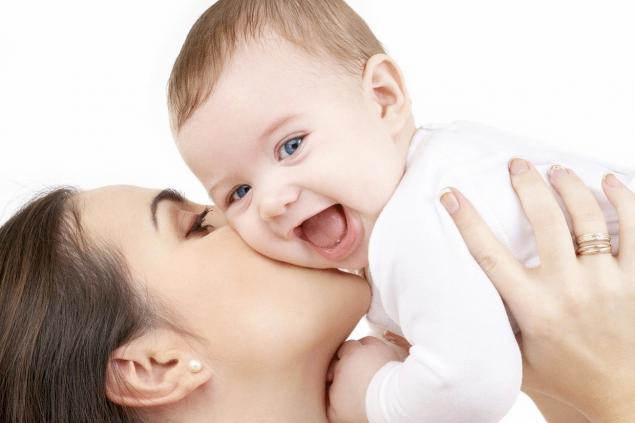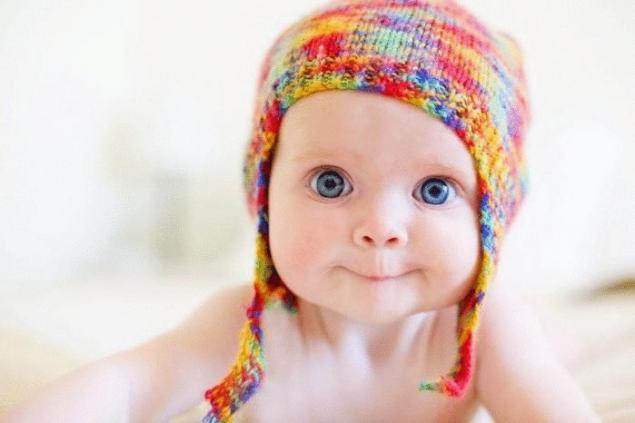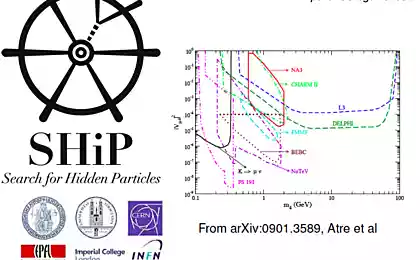588
Nine-month-old children are able to face to determine who is friend and who is not
A new study on children showed that young children can determine whether other people are friends, just watching them. As they master this skill before beginning to speak. It turns out that kids as young as 9 months are already able to think logically and draw conclusions based on their own observations. “This is the first evidence that young children monitor social relationship to other people,” explains Amanda L. Woodward William S. gray Professor of psychology at the University of Chicago. The study “Friends or foes: little children using a common assessment to determine the social attitudes of others” was published in the scientific Journal Journal of Experimental Psychology: General.
The study involved 64 nine-month-old baby, and they were divided into groups, then each group showed a video which was a picture of 2 adults. These people tried 2 dishes and then gave them positive or negative evaluation. In some videos, both adults react to the food, and other stresses — on the contrary, in different ways.

“We decided to use in our experiments the food, because it carries important social information. Meal with family or friends — the inherent social phenomenon. So the kids can observe the behavior of other people during meals and make conclusions about their social relations,” — said study co-author Kathryn Kinsler.
In the experiment it turned out that the kids were wondering if people in the video liked the same food, but they acted unfriendly towards each other. Conversely, the kids were impressed with the video where the people are friendly, but prefer different food. The researchers concluded: even at the age of 9 months babies know that adults who hold the same opinion, are friendly to each other.

"This study shows us how the kids make the conclusion about who is friends with whom. Parents also will be useful to know that kids are closely watching what is happening around them and draw conclusions,” explains the study's lead author Zoe Liberman.
According to her the roots of human preferences can be detected in very small age.
Source: babyreporter.eu
The study involved 64 nine-month-old baby, and they were divided into groups, then each group showed a video which was a picture of 2 adults. These people tried 2 dishes and then gave them positive or negative evaluation. In some videos, both adults react to the food, and other stresses — on the contrary, in different ways.

“We decided to use in our experiments the food, because it carries important social information. Meal with family or friends — the inherent social phenomenon. So the kids can observe the behavior of other people during meals and make conclusions about their social relations,” — said study co-author Kathryn Kinsler.
In the experiment it turned out that the kids were wondering if people in the video liked the same food, but they acted unfriendly towards each other. Conversely, the kids were impressed with the video where the people are friendly, but prefer different food. The researchers concluded: even at the age of 9 months babies know that adults who hold the same opinion, are friendly to each other.

"This study shows us how the kids make the conclusion about who is friends with whom. Parents also will be useful to know that kids are closely watching what is happening around them and draw conclusions,” explains the study's lead author Zoe Liberman.
According to her the roots of human preferences can be detected in very small age.
Source: babyreporter.eu
8 stages of the device of a magnificent hedge
Is it possible to replace antibiotics with natural means























